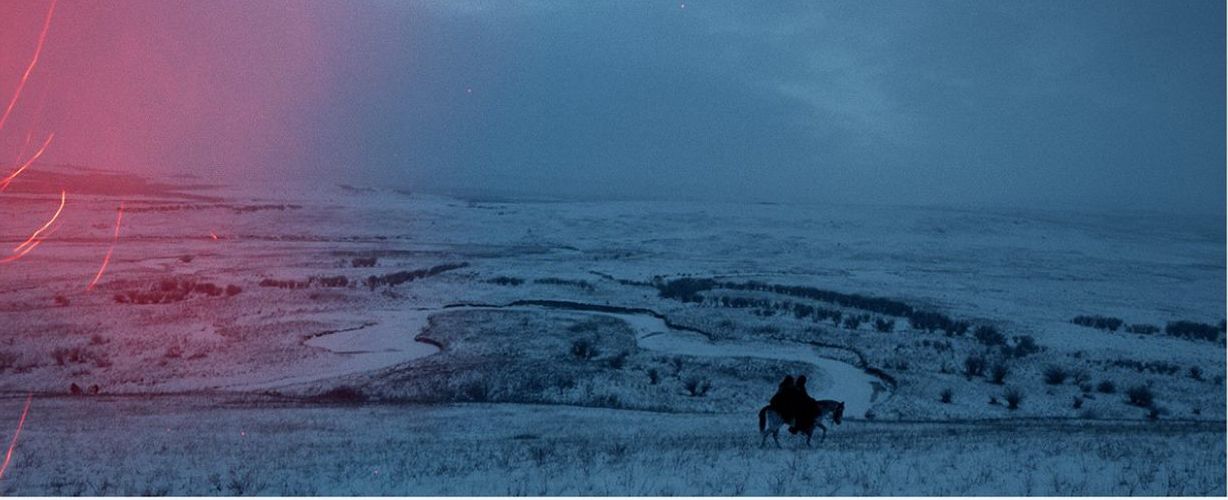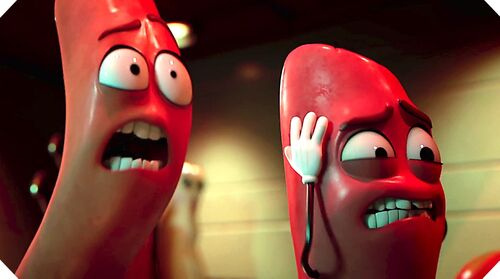
Oscarman Or (The Unexpected Virtue Of The Revenant)
 The two biggest whores in the film industry, both looking for opposite modes of credence, are the cash-grabs and the Oscar darlings. But while we’re quick to jump down the throats of films that stretch their source material far too thinly just to make the money rain we just as soon assume the impetus behind the aspiring award winners is admirable.
The two biggest whores in the film industry, both looking for opposite modes of credence, are the cash-grabs and the Oscar darlings. But while we’re quick to jump down the throats of films that stretch their source material far too thinly just to make the money rain we just as soon assume the impetus behind the aspiring award winners is admirable.
However, when the motivation is simply to have one’s ego stroked by their counterparts it takes away that films credibility, at least from a creative standpoint. Everything is done in pursuit of the creators own satisfaction. It’s an incredibly selfish form of artistic expression. Still, do we forgive a film of no substance if it wins the awards it so sorely desires? Apparently so in the case of The Revenant.
Alejandro González Inárritu, Leondaro DiCaprio and their quests for personal glory may pay off in February, but it will highlight their contributions to the lack of heart and soul in The Revenant. The mistake they’ve not yet realised is that it’s left a gaping hole that no amount of shiny, gold statues can fill.
Once upon a time Inárritu captivated many with an innovative film-making technique. Many a legendary director managed to make themselves known on the merit of the traditional film-making of their era. They didn’t resort to what is, upon a repeat viewing, a cool little camera trick. There a many absolutes in regards to the formulation of great cinema; creative editing does not make the film. Inárritu’s technique adds no substance to the picture that employs its use, and a small piece of the veil falls away.
On the same level is DiCaprio’s search for recognition he obviously thinks he so sorely deserves. It makes me doubt that his heart was ever truly in The Revenant. His association comes across more as the owner of a vehicle he’s using to reach the top of the mountain. He works with Inárritu to the utmost, using what are fast becoming cliched techniques to present some semblance of an “Oscar worthy” performance. To his credit he does try his best, abandoning dialogue in favour of construing emotion through grunts and wheezing, but outside of anger and sadness the character of Hugh Glass has no other defined attributes. No amount of fancy camera work can cover up a lack of rounded characterisation.
We’ve gone beyond desperation and into the realms of what is now just sad. Further to the point, the mournful stare DiCaprio must give his very large and expensive yet empty mantle piece is the modern definition of a first world problem. Yes, he has yet to win the big one, and on occasion it may seem inequitable (cough*1994*cough), but despite the lament of the fans who sing his praises it’s not a studious endeavour. Come February I may be made the fool by this statement, but he has not been robbed and ignored every time. It may be that, in the eyes of the adjudicators, he’s just not good enough.
It’s because of this that The Revenant is more concerned in other areas than it is trying to be the best it can be. There’s little reason for the run time outside of grandstanding and it suffers from the second act blues worse than anything I’ve seen in recent memory. It also develops an identity crisis when it diverges from not only from Glass’ survival trail but from the source novel. It does away with the story at heart and resolves to keep the viewer attentive by any prosaic means necessary. Once it reconciles that with itself it proceeds to dive horse-head-first off a cliff and into the trees of utter stupidity.
It has its allure, which is why I went to see it in the first place, but its early promises are not kept. The ‘kiss principle’ feels appropriate because it flies too close to the sun and falls from the sky. Yet if the architects had settled for less and the focus been more on the creation of good cinema it might be worth the hype its creators want it to be. Unlike Hugh Glass, all that toil has been for nothing.


